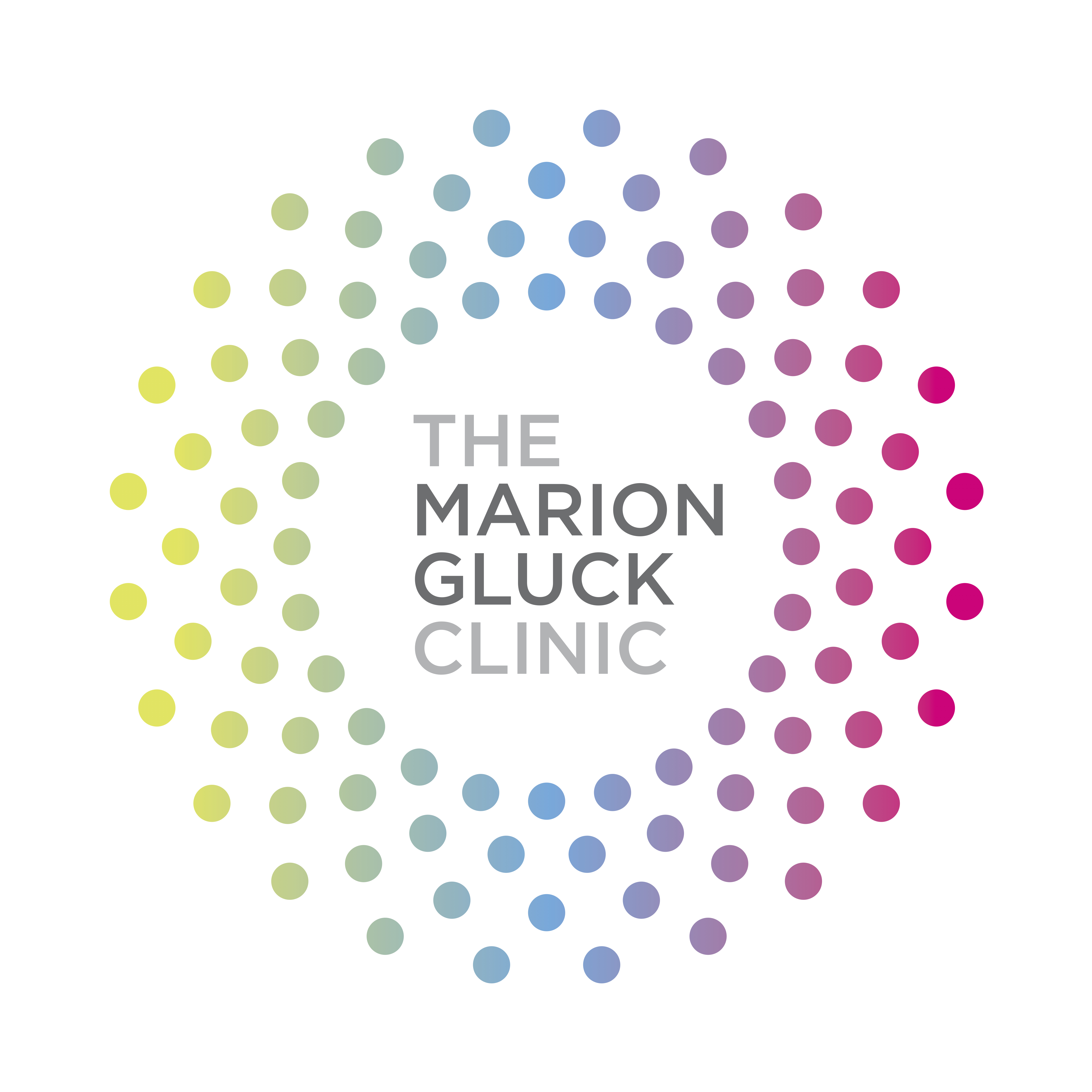How To Increase Melatonin Levels For Enhanced Sleep
Getting a good night’s sleep is the key to waking up feeling ready for your day. But with the stresses of modern life, feeling fully rested by the morning can seem impossible.
As we wind down for the day, our body releases a hormone called melatonin to help us feel sleepy and know when to wake up. But sometimes, your melatonin levels can get out of whack — leaving you with a disrupted sleep-wake cycle.
In this blog post, we’re going to explore the significance of melatonin and its impact on your sleep patterns. We’ll also tell you just how easy it is to increase your melatonin levels with the help of Hormones And You.
If you're ready to unlock the secrets of a rejuvenating slumber, keep reading to dive into the world of melatonin.
What is melatonin?
Melatonin is a hormone produced naturally by the pineal gland, a small gland located in your brain. It plays a vital role in regulating your sleep-wake cycle, also known as the circadian rhythm.
The circadian rhythm follows a 24-hour cycle and controls things like when you fall asleep and wake up, as well as your hormone production and body temperature.
The main function of melatonin is to signal to our bodies that it’s time to go to sleep. This normally happens when the sun sets and it begins to get dark outside as the pineal gland becomes stimulated and releases melatonin.
When your melatonin levels increase, you start to feel relaxed and even drowsy, allowing you to fall asleep easily. Then as the sun comes up, your body naturally decreases your melatonin levels so you can begin to wake up.
However, when your melatonin production gets disrupted, it can cause problems with your sleeping habits.
Common disruptors of melatonin production can include:
Blue light exposure – looking at your phone or tablet before bed can mess up your melatonin production
Not having a regular sleep schedule
Certain medical conditions, both mental and physical
Exposure to too much artificial light – this is more common in the winter when there’s less sunlight
Sleeping with the lights on – this can trick your brain into thinking that it’s daytime and decrease your melatonin
How does melatonin work?
Your production of melatonin is connected to the cycle of night and day. Specialised cells in our eyes detect light and darkness, signalling the pineal gland to either start or stop producing melatonin.
Normally, you’ll start to release melatonin during the evening as the sun begins to set. This will continue throughout the night and decreases when your eyes start to detect light again.
Your melatonin production is closely linked to your circadian rhythm, helping to keep your natural body clock ticking as it should. However, it can be disrupted by lots of different things like scrolling social media before bed or watching too much TV instead of trying to sleep.
When your circadian rhythm gets messed up, your melatonin levels can be all over the place. This can leave you feeling tired all the time and unable to sleep at night.
This is why it’s so important that you instil a bedtime routine, as well as look at boosting your melatonin levels.
The benefits of melatonin
Melatonin isn’t just needed to get a good night’s sleep. In fact, it has lots of other benefits too.
These benefits include:
Helping you adjust to different time zones or working late night shifts. Your body can change how it produces melatonin to match your schedule.
Reducing feelings of seasonal affective disorder during the winter months.
Keeping your eyes healthy by protecting them from stress and age-related degeneration.
Lowering the intensity and frequency of migraines.
Managing symptoms of gastro-oesophageal reflux disease (GORD) such as heartburn.
Regulating your secretion of human growth hormone (HGH), which is vital for your overall health.
How to increase melatonin
There are a handful of ways you can boost your melatonin levels, and it’s not as difficult as you might think…
Healthy bedtime routine
While it may not seem like the most fun thing in the world, giving yourself a consistent bedtime routine can work wonders for your melatonin production.
Do your best to put your phone down before bed, as the blue light can wreak havoc on melatonin production. Try keeping the lights dimmed and have a nice warm bath to really relax your body.
Light exposure
Getting enough sunlight is important as well, especially in the mornings. This helps your circadian rhythm to regulate itself and boosts your melatonin by the evening.
Dietary considerations
Believe it or not, certain foods can actually increase your melatonin levels. Cherries, walnuts, almonds, oats, bananas and rice can be a great way to enhance your melatonin through your diet.
Caffeine and alcohol
Try to stop drinking caffeine and alcohol near your bedtime as these act as stimulants, keeping you awake and your melatonin levels low.
Stress reduction and relaxation techniques
Managing your stress and anxiety can help with melatonin production too. Try taking up relaxing activities like yoga, meditation or even deep breathing exercises to keep your mind and body stress-free.
Melatonin supplements
If you find that you’re still struggling to fall asleep after trying all these tips, it’s a good idea to look at melatonin supplements. These can give you a bigger boost of melatonin and can be an excellent way to improve the quality of your sleep.
Always make sure that you consult your doctor first before taking melatonin supplements.
At Hormones And You, we offer sleep supplements so that you can get the good night’s sleep you deserve. Our subscription service ensures your treatment is delivered every three months.
Start our online consultation now and begin your journey to a restful night and sweet dreams.






